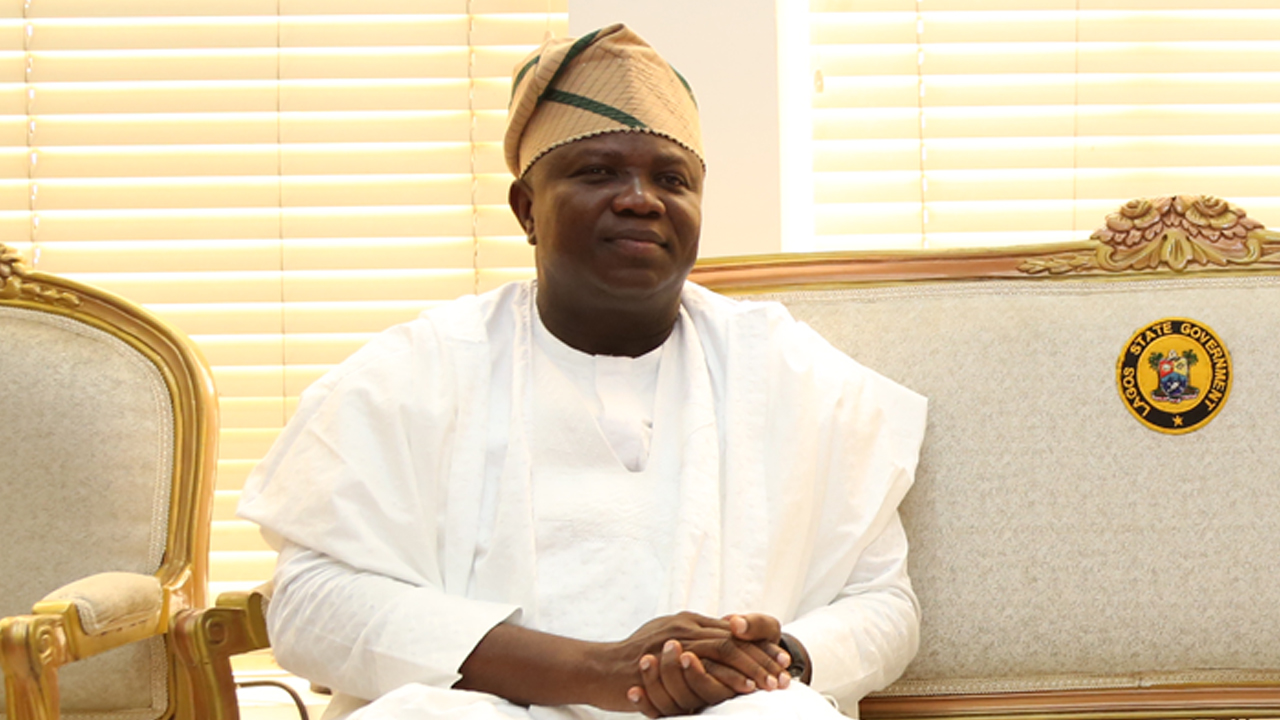- Ambode Seeks Improved Infrastructure to Boost Exports
The Governor of Lagos State, Akinwunmi Ambode, has said there is an urgent need for the nation’s infrastructure to be improved upon so as to boost exports.
Ambode said the state had decided to focus on the exportation of coconut, fish and vegetables, adding that it was high time the country diversified from the oil sector.
The governor spoke in Lagos on Thursday at the 2nd National Committee Meeting on Export Promotion of the National Economic Council.
He stated that the export inflow at the Lekki Free Zone in the Ibeju Lekki area of the state had been projected to hit over $6bn (about N2.159tn) by 2020.
Ambode explained that it was important for the country to put in place infrastructure and other initiatives to support non-oil sectors with a view to preparing them for export.
He said, “Our efforts in this area include the development of Lekki Free Zone as a one-stop export processing zone, and we are happy to report that we have made tremendous progress in this particular export zone.
“Just to give you a clearer picture of what we are saying, at the end of 2020 when the investment of the Dangote Industries and the other deep seaport that we are putting in that place will fully come on stream, the export inflows that we are projecting for that place is over $6bn and that is just the way to go.”
The governor added that through the export initiatives being monitored by the Nigerian Export Promotion Council, the state government had commenced the process of developing three key commodities – coconut, fish and vegetables – in which the state had comparative and competitive advantage.
Ambode stated, “We plan to facilitate the development of these commodities into exportable products. Our export promotion initiatives also include export aggregators designed to boost production capacities of our indigenous micro, small and medium industries. The objective is to create locally made products and services that not only satisfy the local market, but meet competitive export demand.
“We have also developed enterprise zones, small-scale industrial estates and light industrial parks in different parts of this state to provide business accommodation and also factory spaces, support made-in-Lagos campaign and to enhance market access for our MSMEs.”
He said the initiatives were some of the programmes of the state government to support the zero oil plan of the Federal Government.
While alluding to the visit of French President, Emmanuel Macron, to the Afrika Shrine in Ikeja, the governor added that the development signposted the need for the country to develop other sectors of the economy, especially the creative industry, among others.
The governor noted, “For me, the visit is clear that Afrobeat is a product that we can export but not only that, what about other things such as intellectual property and others that we need to harness to create a final product of our export policy? What about fashion? What about arts? There are lots of products that we can export beyond agriculture.
“However, before we can do that, we must put in place the infrastructure and the framework to support these industries. The message here is that let us expand the scope of our export considerations and increase the wealth of our nation.”

 Naira4 weeks ago
Naira4 weeks ago
 Naira4 weeks ago
Naira4 weeks ago


 Naira4 weeks ago
Naira4 weeks ago




 Naira3 weeks ago
Naira3 weeks ago
 Commodities4 weeks ago
Commodities4 weeks ago


 News4 weeks ago
News4 weeks ago


 Banking Sector4 weeks ago
Banking Sector4 weeks ago
 Travel4 weeks ago
Travel4 weeks ago
























